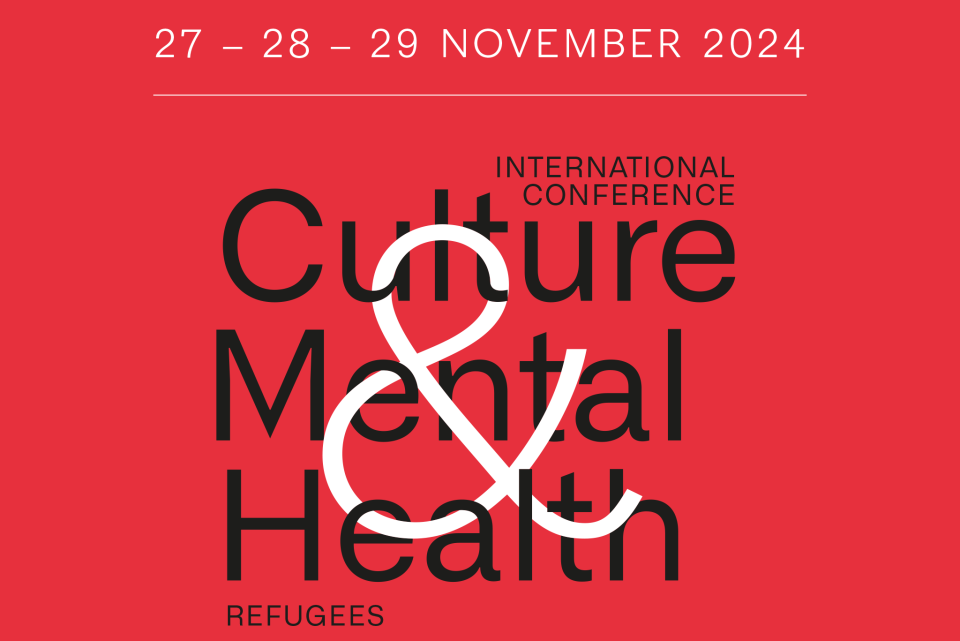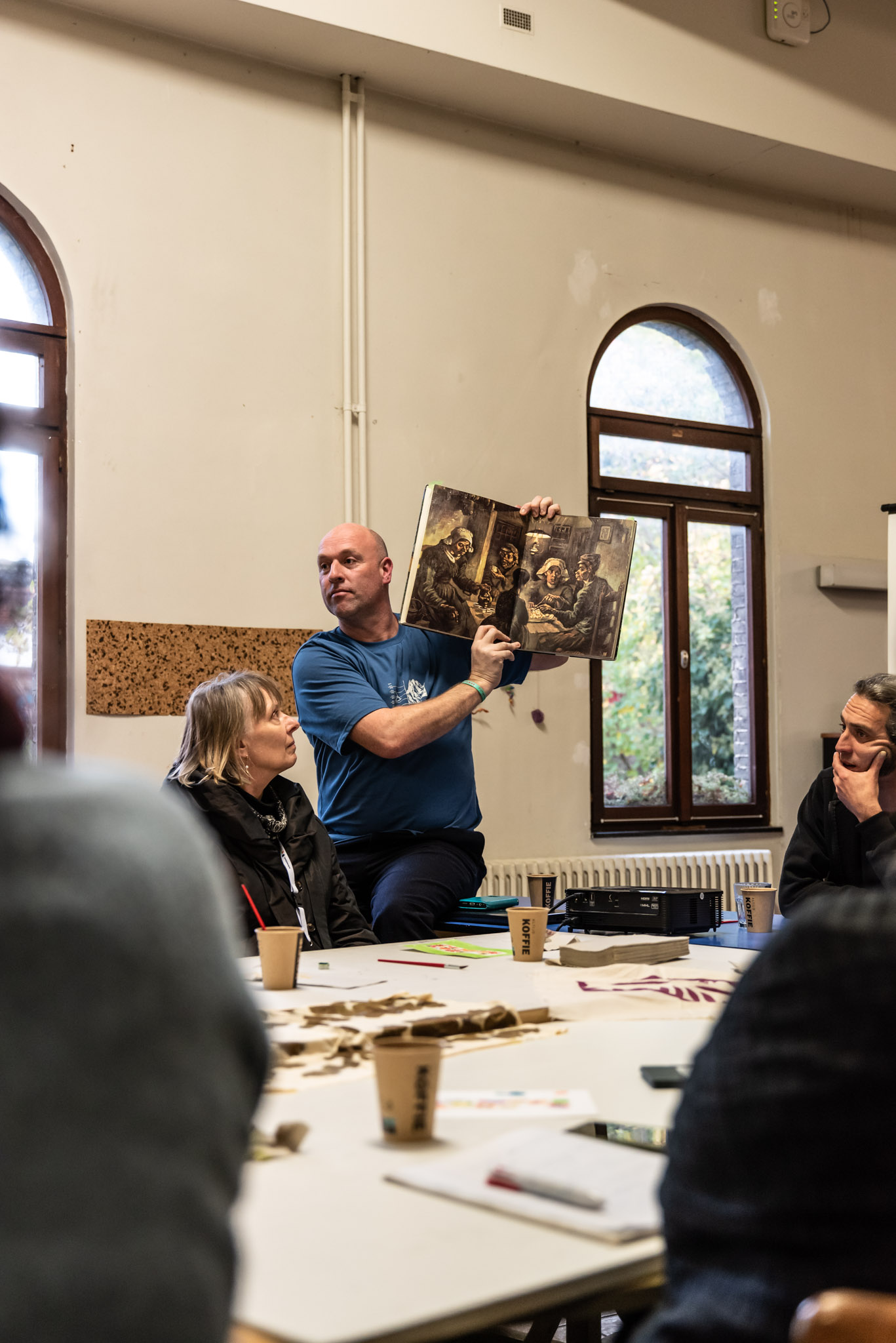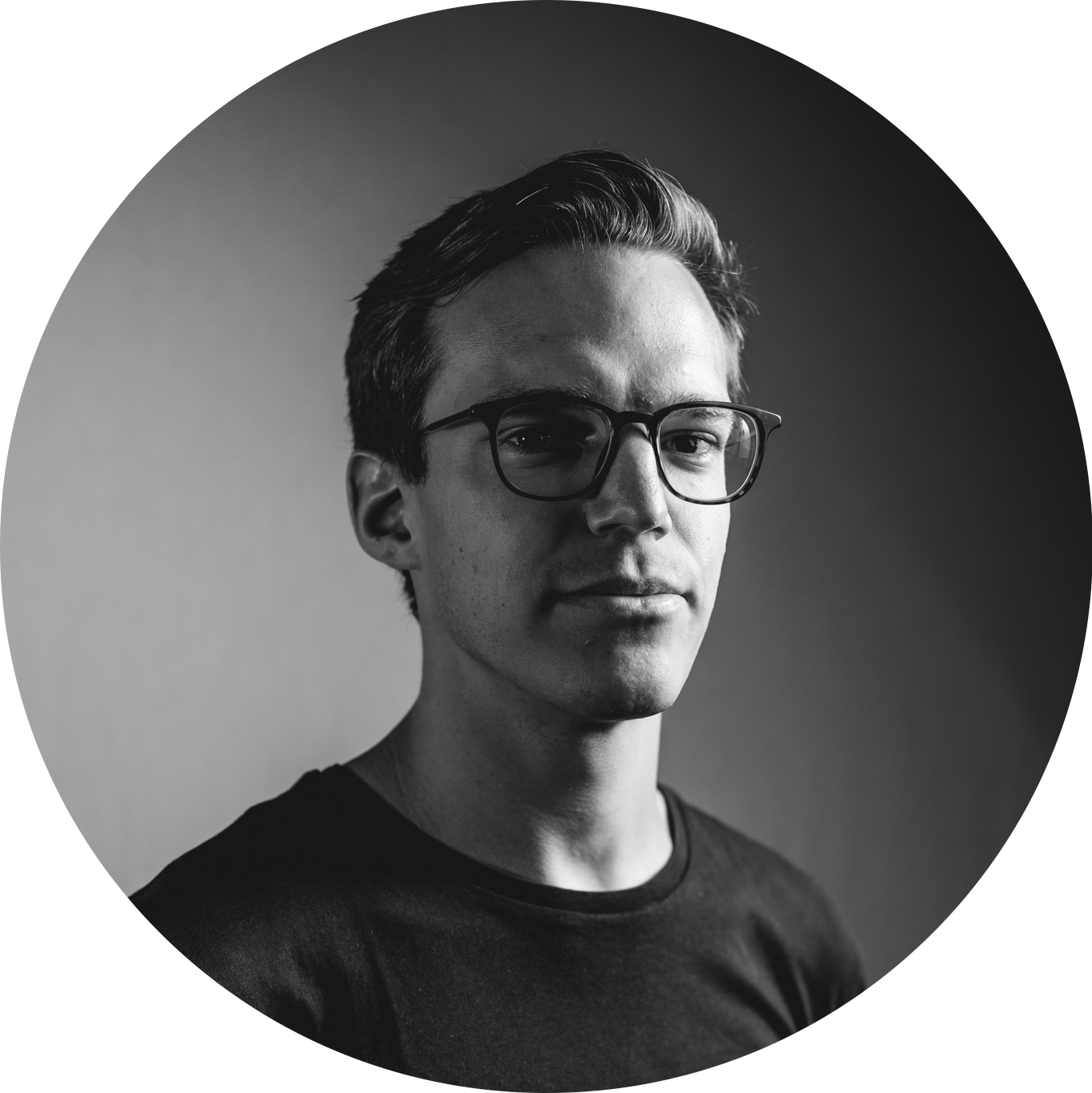Tweede editie van internationale conferentie 'Culture & Mental Health'
(English text below)
Van 27 tot 29 november 2024 loopt de internationale conferentie 'Culture & Mental Health' in Gent. Deze conferentie - een organisatie van Iedereen Leest, Museum Dr. Guislain, Red Star Line Museum en Solentra - wil de kennis en het debat stimuleren rond culturele interventies gericht op het welzijn van mensen die herstellen van geestelijke gezondheidsproblemen of mensen in kwetsbare situaties.
This conference was held in November 2024. Discover some insights in the conference's report. / Deze conferentie vond plaats in november 2024. Raadpleeg het verslag voor inzichten en getuigenissen.
Twee jaar na de vorige editie kunnen professionals van 27 tot 29 november 2024 opnieuw bijeenkomen tijdens de internationale conferentie Culture for Mental Health. De conferentie zoomt in op het belang van culturele interventies - zoals werken met boeken en verhalen, of samen lezen - voor het welbevinden van mensen die herstellende zijn van mentale gezondheidsproblemen, maar ook mensen in kwetsbare situaties. Verschillende onderzoeken wijzen immers op het belang van lezen voor ons welzijn, zowel bij jongeren als bij volwassenen.
Het overkoepelende thema van deze conferentie is de rol van kunst en cultuur onderzoeken bij de ondersteuning van de geestelijke gezondheid en het welzijn van vluchtelingen.
De inschrijvingen zijn intussen geopend. Onderaan deze pagina vind je links naar het programma en verdere praktische informatie. De voertaal van de conferentie is het Engels.
International conference 'Culture & Mental Health'
The second International Conference on Culture & Mental Health will be held in Ghent, Belgium, from 27-29 November 2024. The conference focuses on using art and culture to support the mental well-being of forcibly displaced individuals. Participants from the public, academic, and non-profit sectors will exchange knowledge and experiences on how the arts, reading, heritage, and creativity can boost mental health, resilience, and well-being in refugees.
In a report in 2022 the EU and WHO call for support for the mental wellbeing of forcibly displaced people through art and culture: “People displaced because of natural disasters, persecution, conflict, generalised violence or human rights violations invariably experience significant loss, physical hardships and other stressors that can lead to psychological distress. A large body of evidence shows how forcibly displaced people contribute positively to society. This potential can be further enhanced by ensuring that they are in good physical and mental health. Therefore, according to the report, it is important to support the arts, as investing in the field is an investment in the mental, physical and social health of forcibly displaced people.”
Conference programme
27.11.2024 - OPENING EVENING (16h-18h15)
Opening of the conference by Bruno Vanobbergen
Screening: We komen van ver - Common Frames
Performance by Hardi Kurda
Extract from Moving Silence
28.11.2024 - CONFERENCE DAY 1 (10h-17h)
Keynotes by Marit Törnqvist & Sulaiman Addonia
Panel about cultural programmes for refugees, their importance and challenges
4 sessions
5 workshops
29.11.2024 - CONFERENCE DAY 2 (9h30-15h40)
5 workshops
4 sessions
Keynotes by Nils Fietje, Sarah Linn & Manon Parry
Fees
GENERAL STUDENT
Conference Day 1 100 EURO 75 EURO
Conference Day 2 100 EURO 75 EURO
Full ticket (2 days) 200 EURO 150 EURO
Conference Dinner 50 EURO 50 EURO
Organised by:
Dr Guislain Museum, Iedereen Leest, Red Star Line Museum and Solentra
In cooperation with:
University Ghent Social Work and Social Pedagogy, University College London Arts & Sciences and FARO (Flemish interface for cultural heritage)



